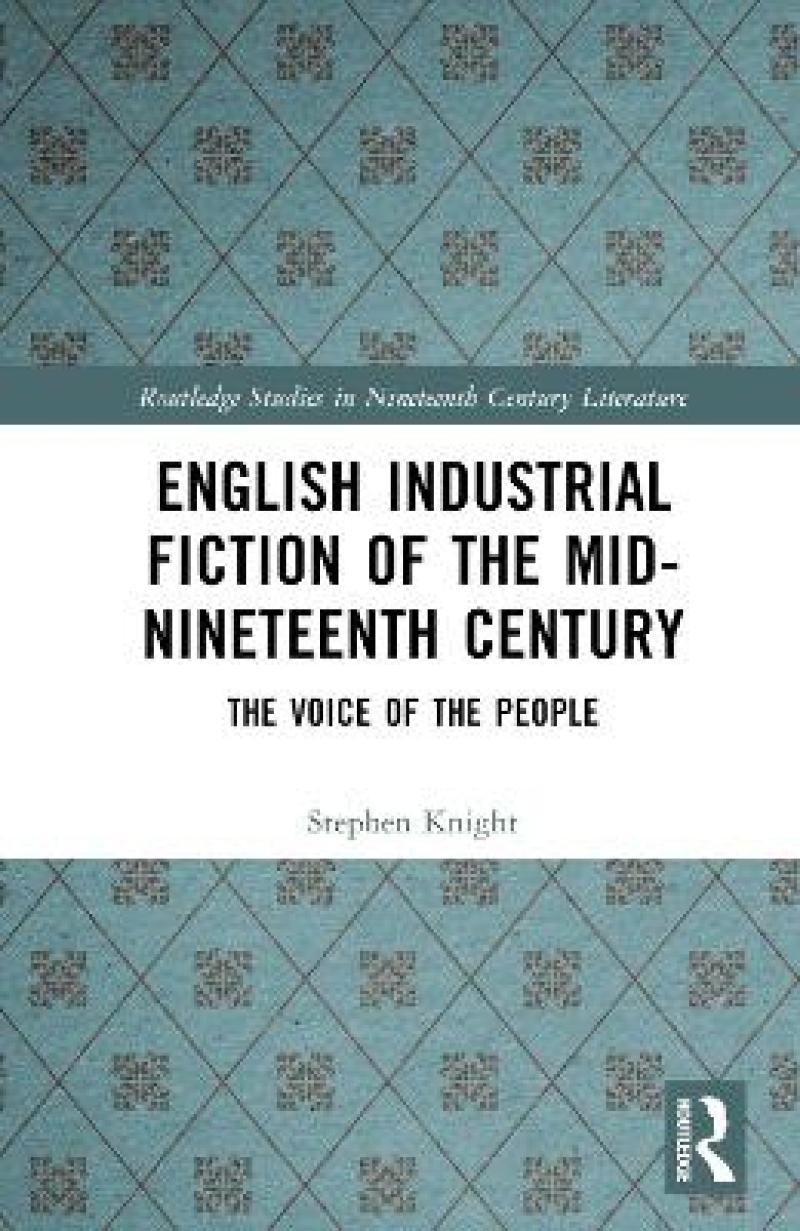<p>“While focusing on a distant time, at the climax of the industrial revolution, Knight’s book actually provides us with critical tools that help us achieve a better understanding of the resurging social conflicts (and therapeutic efforts) that mark the entire span of modernity. [Knight] has once again proved able to discuss a literary phenomenon in depth, in relation to a precise socio-political background, while also alerting us to a rich cloud of finely spun – but how solid! – connections”</p><p><b>-- Maurizio Ascari, Università di Bologna</b></p>
English Industrial Fiction of the Mid-Nineteenth Century discusses the valuable fiction written in mid-nineteenth-century Britain which represents the situations of the new breed of industrial workers, both the mostly male factory workers who operated in the oppressive mills of the midlands and north and, in other stories, the oppressed seamstresses who worked mostly in London in very poor and low-paid conditions. Beginning with a general introduction to workers’ fiction at the start of the period, this volume charts the rise of an identifiable genre of industrial fiction and the development of a substantial mode of seamstress fiction through the 1840s, including an analysis of novels by Benjamin Disraeli, Charles Kingsley, Elizabeth Gaskell and Charles Dickens, and more briefly Charlotte Bronte, Geraldine Jewsbury and George Eliot. This volume is essential reading for students and scholars of industrial fiction and nineteenth-century Britain, or those with an interest in the relationship between literature, society and politics.
English Industrial Fiction of the Mid-Nineteenth Century discusses the valuable fiction written in mid-nineteenth century Britain which represents the situations of the new breed of industrial workers.
Preface
Chapter 1 The Emergence of the Voice of the People
1. First Accounts of Working People
2. Resistance Voices
3. Harriet Martineau
4. The Voice of the Worker
Chapter 2 Industrial Fiction Begins in the Factories
1. Two Industrial Novelists: Charlotte Tonna and Frances Trollope
2. The Factory Novel Develops
Chapter 3 Industrial Fiction: Accounts of Women Workers
1. Recognising the Female Worker
2. Tonna’s The Wrongs of Woman
3. Seamstresses Widely Represented
4. Women Workers in 1850s Fiction
Chapter 4 Industrial Fiction: Accounts of Male Workers
1. The Factory Novel in the 1840s
2. Two Male Industrial Novelists: Thomas Frost and Ernest Jones
3. Later Male Industrial Fiction
Chapter 5 Industry in the work of Mainstream Authors
1. Benjamin Disraeli, Coningsby and Sybil
2. Charles Kingsley, Yeast and Alton Locke
3. Elizabeth Gaskell, Mary Barton and North and South
4. Charles Dickens, Hard Times
5. Charlotte Bronte, Shirley, Geraldine Jewsbury, Marian Withers, George Eliot, Felix Holt
Chapter 6 Conclusion
1. Texts, Themes and Contexts
2. Patterns of Response
3. Final Analysis
4. Afterwards
Bibliography
Produktdetaljer
Biographical note
Stephen Knight graduated from Oxford and worked from Lecturer to Associate Professor at the University of Sydney, 1964–86, then was Professor at the universities of Melbourne, De Montfort and Cardiff. In retirement he is an Honorary Research Professor at Melbourne. He has written books on the Robin Hood myth and also on crime fiction, Chaucer, the myth of King Arthur and, recently, nineteenth-century fiction. He has published over 150 academic articles and many reviews.
